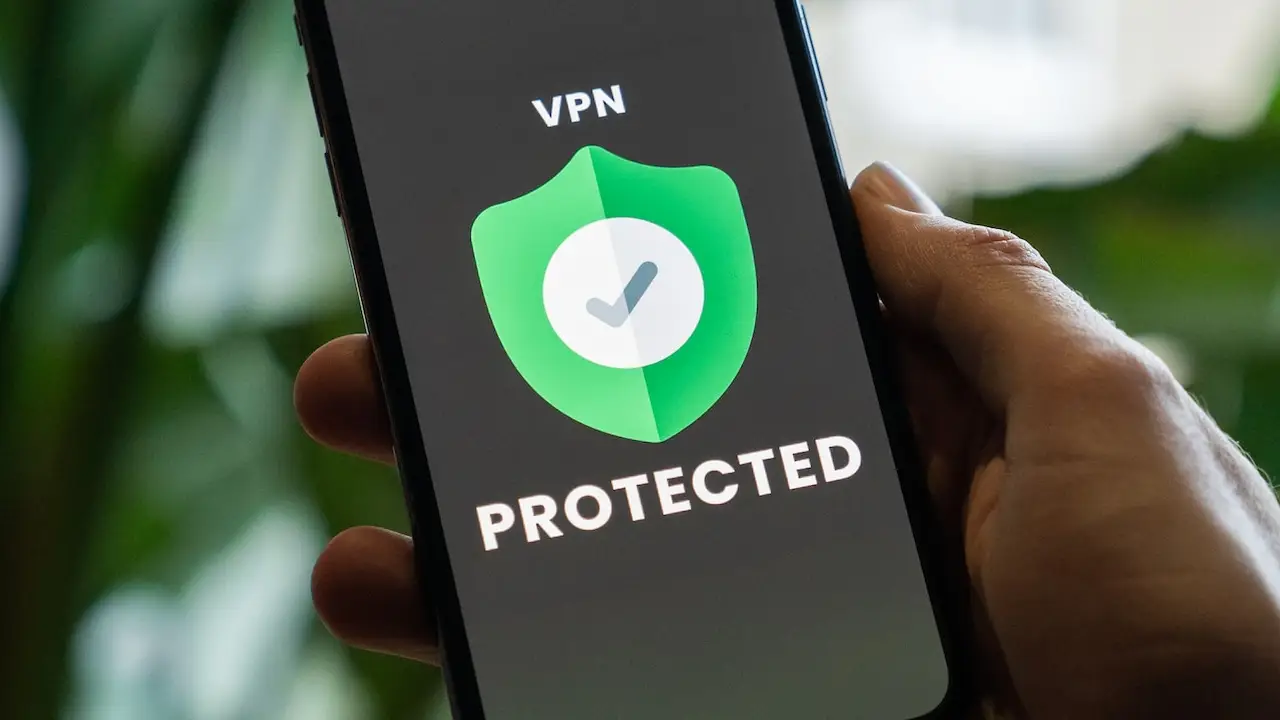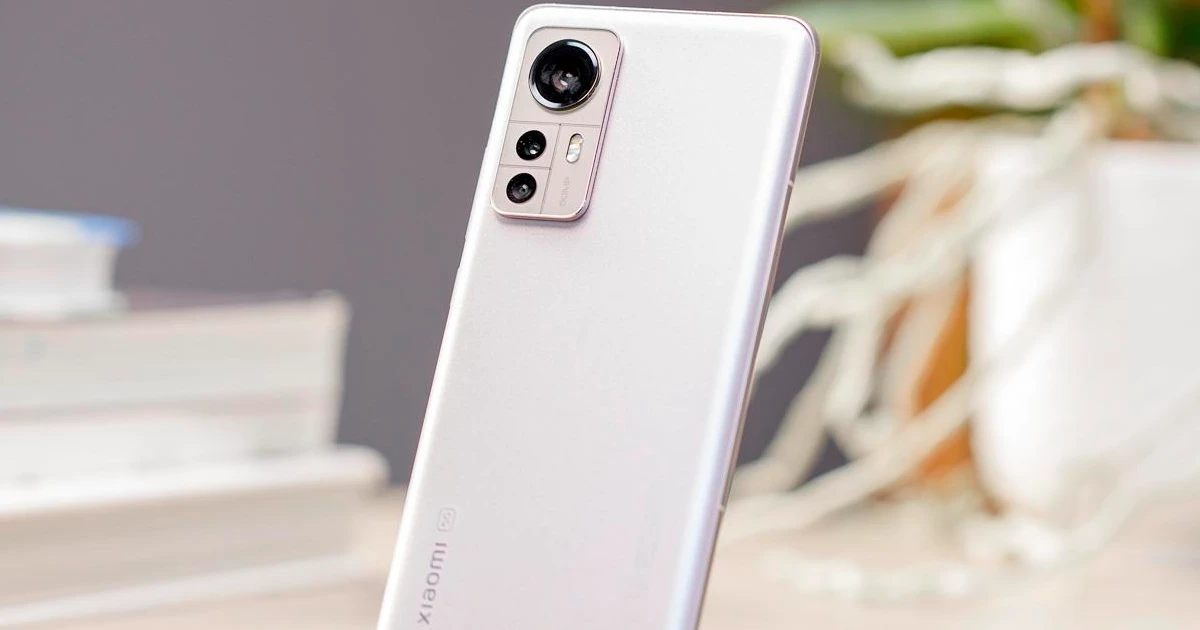
VPNs keep you private. This includes protecting your browsing habits’ “who, what, where, when, and why” from snoopers.
A VPN reroutes your internet traffic through a remote server and encrypts the data. This keeps your information private from snoopers and your ISP from selling your browsing history.
Encryption
Encryption transforms information into a secret code, ciphertext, only readable with an encryption key. But first things first, you need to understand what VPN is and how VPNs work. When you use a VPN, all the data sent between your device and the servers it connects to is encrypted. This makes it impossible for outsiders to read your private information.
Your online browsing and other activities reveal much personal information, including websites you visit, searches you make, and your location. This information can be gathered by ISPs and sold to third parties, or it may even be used as leverage against you in the event of a cyber attack. VPNs use various encryption methods to protect the privacy and security of your online activities.
Whenever you browse the web, all your requests and information go to the VPN server before being sent to your destination website. Your ISP can still see this data, but they can’t read what you’re doing online since it’s encrypted.
Encryption also protects against identity theft, when thieves steal your online information to commit crimes in your name. For example, they might buy goods or services with your credit card or bank account number or use your name to file a tax return in your name. VPNs use symmetric and public-key encryption to protect your information from hackers.
Privacy
When you connect to a VPN, the data that travels over your internet connection gets funneled through an encrypted tunnel between your device and the server. It is scrambled into a jumble of code and rendered illegible to anyone who doesn’t have the encryption key. That means your ISP and any hackers on public networks cannot spy on your activity.
A VPN also helps keep your privacy from online snoopers like Google and Facebook by masking your IP address so it looks like your new location is connecting to the server, not your current location. This can help prevent price discrimination, in which e-commerce sites charge different prices to customers based on where they live or how they use the site.
VPNs can also get around geo-blocks restricting access to certain apps and websites, such as Netflix. They can help you avoid content censorship in countries with strict government surveillance, or they can allow you to access apps and websites that aren’t available in your country. Many rely on VPNs to circumvent these restrictions, especially when traveling abroad for work or vacation. To do so, they connect to a VPN server in a different region to make it appear like they’re connected to the same network back home.
Speed
Without a VPN, cybercriminals, and data trackers can eavesdrop on your internet connection and intercept personal information. When you use a VPN, your data travels to and from the website in an encrypted tunnel, making it impossible for anyone on your public Wi-Fi network or nearby computers to intercept or steal data. This is especially helpful for those who regularly connect to public Wi-Fi and shop or work from home on unsecured networks.
Your computer’s internet traffic is routed to a server your VPN provider runs when you connect to a VPN. The server encrypts the data before sending it to the website you’re visiting, so only the web server can decipher the packets transmitted from your device. This keeps your identity private and protects you from hackers while preventing ISPs, governments, advertisers, and other websites from tracking your online activity.
Many VPN providers offer a wide range of protocols, so you can find the right one to meet your needs. A popular option that provides a good balance of speed and security. It can be configured to run over TCP or UDP ports and is often combined with IPsec for additional protection. Some users may notice a slight slowdown when using a VPN, as your data must go through more steps before reaching the website you’re visiting. However, a few extra tricks can help improve the performance of your VPN so you can stream, play games, and browse the web without a hitch.
Security
Security is a crucial concern for many users. A VPN can help secure your data while you are online, protecting it from cybercriminals and other ill-intentioned internet strangers. It also covers you while using public Wi-Fi, as hackers may eavesdrop on your connection and steal sensitive information such as passwords or bank details. VPN services encrypt your data, so no one else can see what you do online or where you are.
The encryption protocol a VPN uses turns your online activity into unintelligible code, so it cannot be read even if someone intercepts the data stream. A VPN stops ISPs, government agencies, or snooping third parties from spying on your activity. VPNs can also help if you travel to countries that impose restrictions on the internet, like blocking access to certain websites or streaming services.
VPNs work with the security protocols of your device to create a private tunnel for your data, which is then routed to an encrypted server. This prevents anyone on the public network from seeing what you do or where you go online, even if your device is connected to a public router in a café or hotel room. VPNs can also mask your location, so websites and apps don’t know your location or identity.











